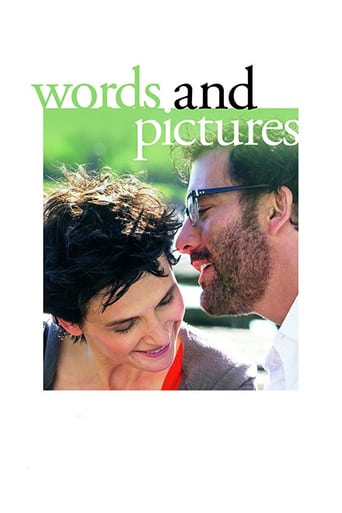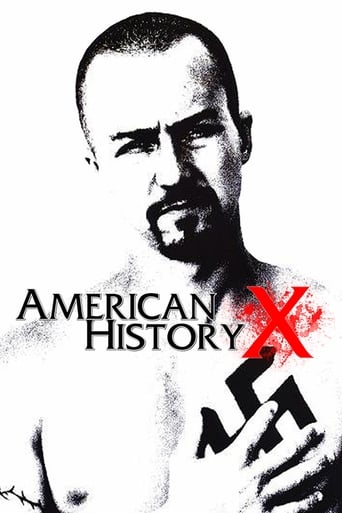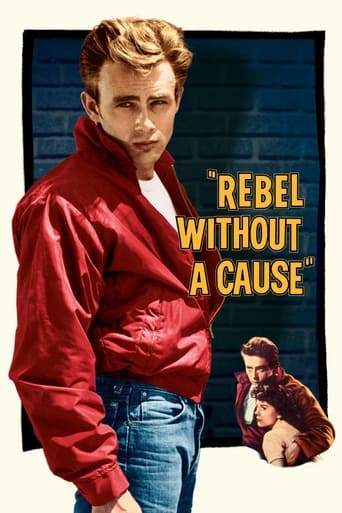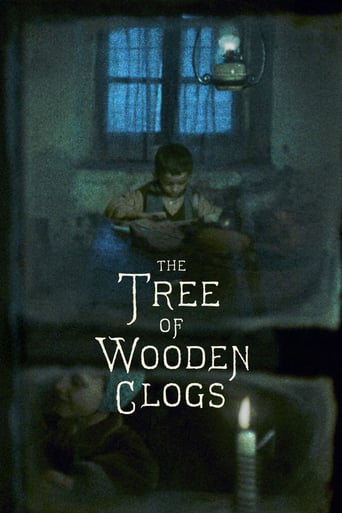
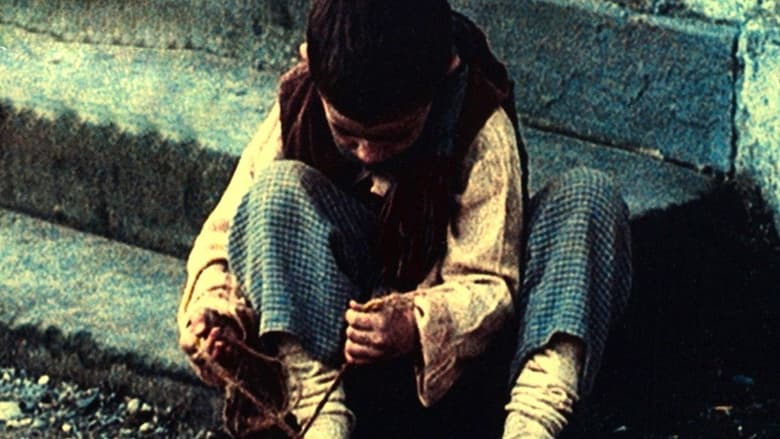
The Tree of Wooden Clogs (1979)
Peasant life in a feudal farm in rural Italy at the end of the 19th century.
Watch Trailer
Cast
Similar titles

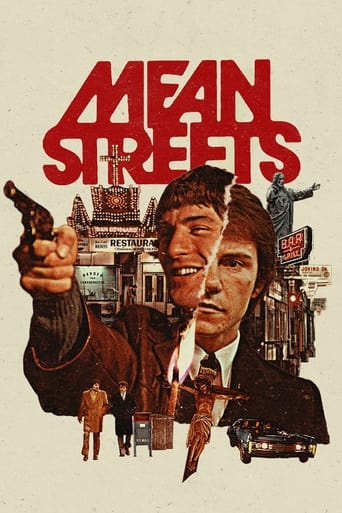
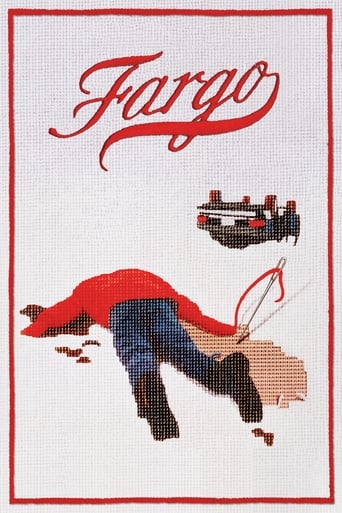
Reviews
Sorry, this movie sucks
Good story, Not enough for a whole film
It's the kind of movie you'll want to see a second time with someone who hasn't seen it yet, to remember what it was like to watch it for the first time.
Through painfully honest and emotional moments, the movie becomes irresistibly relatable
In true neo-realistic vein THE TREE OF WOODEN CLOGS follows the lives of a quartet of peasant families striving for daily existence in turn of the century Italy. There's no conventional plot here but a series of ritualistic vignettes that flawlessly capture their strenuous survival over a course of a year. A grandfather demonstrates and passes the secrets behind his early tomatoes, a bright five year old trudges miles to attend school wearing a pair of clogs, a devout widow with six children prays for their ailing livestock, a young couple's restrained courtship and subsequent marriage, a pregnant mother foregoes the services of a midwife to save for warm clothing. All these threads are expertly interwoven and are blended with a sense of humanity and poetic optimism.Couple of movies that instantly spring to mind which succeeded in capturing the monotony emanating from its character(s) this arrestingly are - JEANNE DIELMAN (which was a brilliant character study within the contemporary setting) & THE NAKED ISLAND (another ruminative dissection of a farming family boasting stunning imagery). TTOWC on the other hand is more epic in scale and works like a gritty documentary featuring non-actors. There are couple of gruesome sequences of a hog being disemboweled and of a goose-beheading which purely serve to highlight the harsh realities of peasant life. TTOWC is also relatively more interactive while the above two were virtually dialogue-less.I'd only seen Olmi's IL POSTO before this - which was an indelibly honest coming of age film. And considering the fact that he wrote, directed, shot and edited this meditative epic - speaks volumes of cinematic acuity. He had that unique ability of making the mundane almost miraculous.
What else would you expect from a director whose past had depth in documentary filmmaking? With that vast experience, Olmi creates a fine work of filmmaking that leaves the audience believing that they are watching a piece of reality. Olmi is the classic "observational" type director who is brave enough to use amateur actors (in this he used the local villages of a peasant town). If it was professional actors you would have called it an amazing ensemble cast, but alias it is a cast of unknowns who just simply entice you into their world of everyday living on a communal farmland where two-thirds of the produce goes to the landlord who just sits back and counts the bucks. At first you search for a story or some protagonist to hang onto for the journey of this movie, but with this ensemble piece, you just become the observer and watch how it all simply evolves over the course of an emotional year where each season brings on a challenge to these poor farmers.Olmi's earlier films were small in scale, and a little simpler, but yet effective. This film is his epic, a masterpiece of a different kind.
Facts, gestures, desires. Marriage, money question, sketch of future, faith. Few drops of Bach and the light as best actor. And respiration of thing aura. A movie about secret rooms of soul. About expectation skin and steps of a boy. About happy like bread. The flour, the yeast, the water,oil, salt, sugar. The dough and crumb of leaven. Each as heart of movie. As sign of a hided benediction. A world. Poor and simple. Without recipes or complicated rules. Slice of a childhood. And story of art to make beauty as veil of feelings. Pieces of a fight against dust of every day. Trip in the essence of images and sadness. Sketches of basic solutions. And day. As arena.
I have a bit of warning for the tender-hearted. This is a realistic portrait of peasant life and as such you'll see a couple animals butchered on-screen. A pig and goose are killed and some might find this pretty disturbing...but it is realistic and is an important part of peasant life.This film is sort of a more modern Neo-realist sort of film because like the Neo-realist films of the 1940s and early 1950s, it is an Italian film that consists of non-professional actors in natural settings. However, the reason why this was done is quite different. During the time of WWII and post-war Italy, sets and actors were hard to come by and directors (such as De Sica and Rossellini) had no choice but to make these sorts of films. However, in 1978 the film was made this way for entirely different reasons--to heighten the sense of realism as the film was about simple folks and having professionals playing these roles might have detracted from this realism.The film is set on a farming collective owned by a landlord. Five families work the land and share a large compound broken down into separate apartments and stables. The life is pretty simple and rather grim and the film does a very good job of portraying this life. And this is much of the problem with this film for the average viewer. While history teachers like me might find it all pretty fascinating and like how accurately this is all portrayed, will the average viewer? Probably not. That's because not all that actually happens in the film---and it lasts about three hours. As a result, the film does drag and I even found myself feeling sleepy as I watched. It's exceptionally well crafted but also a bit of a chore to view."Tree of Wooden Clogs" is a film that film critics will adore but the average person will probably hate...and many folks will feel guilty because they didn't 'get' the movie and think they should have.
